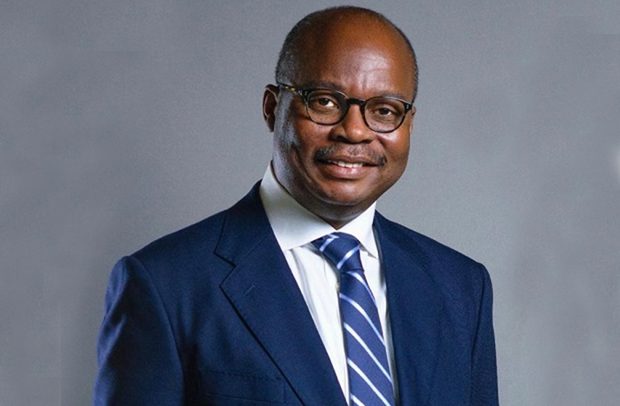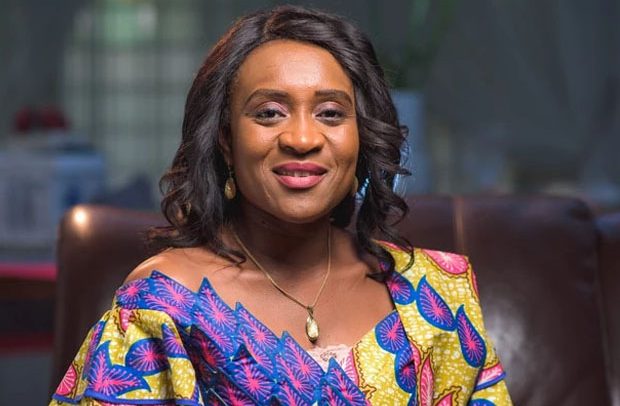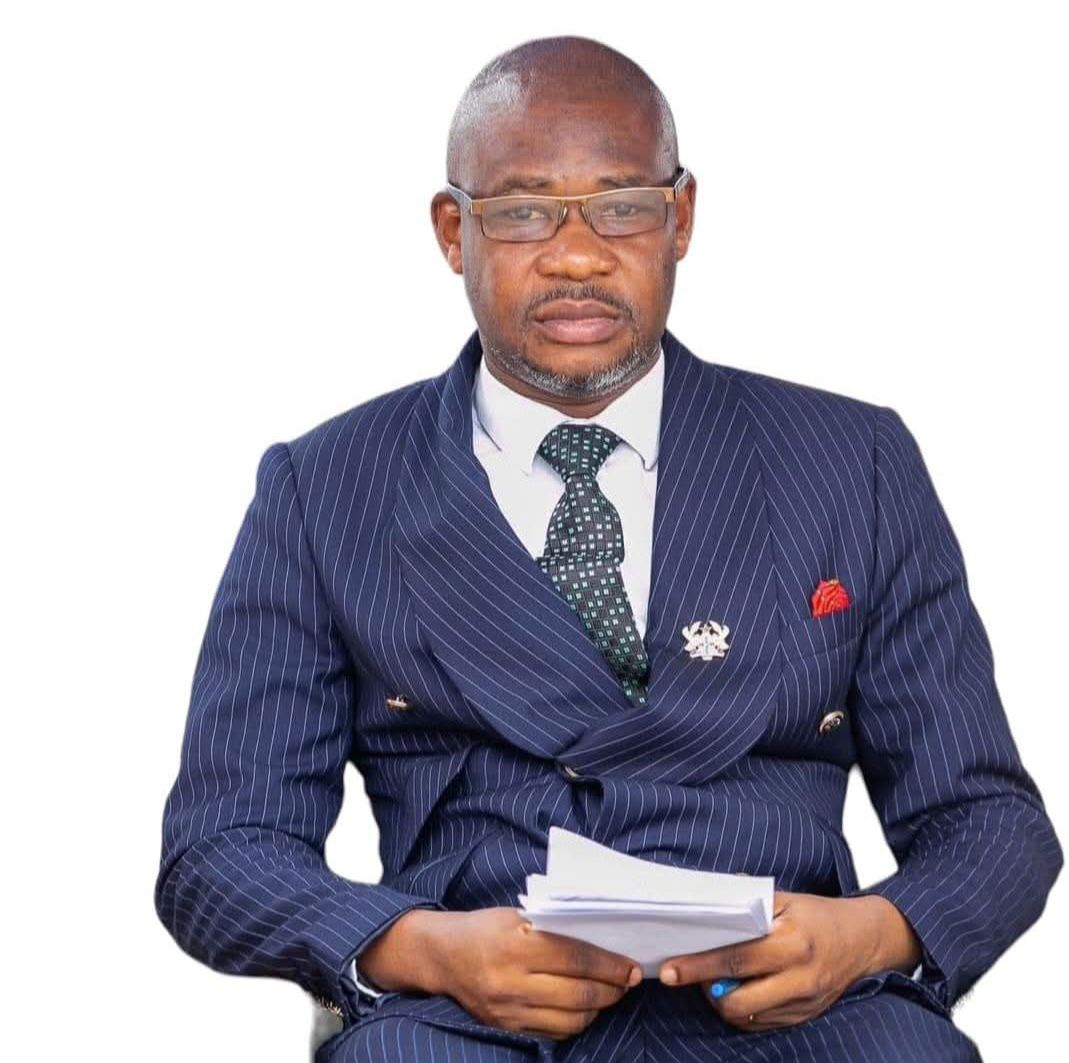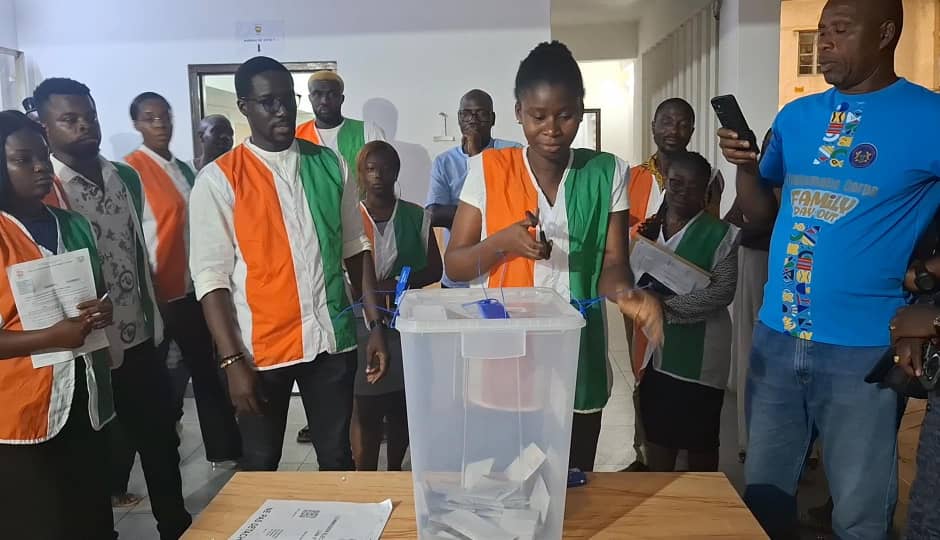
By Joshua Worlasi AMLANU
The Bank of Ghana (BoG) says it is moving from short-term economic stabilisation toward driving productivity-led growth, as the economy shows stronger signs of recovery following years of turbulence.
Speaking at the 14th Ghana Economic Forum in Accra on behalf of Governor Dr. Johnson Pandit Asiama, the Governor’s special advisor Dr. John Kwakye said recent data confirmed that the stabilisation phase had largely been achieved, with inflation, exchange rate and reserves all showing marked improvement.
“Just three years ago inflation had soared above 50%, confidence had eroded and the cedi was sliding,” Dr. Asiama noted. “Today, that tide has turned through credible monetary policy, fiscal restraint and coordinated reforms.”
Inflation fell sharply to 9.4 percent in September 2025 – well within the central bank’s target band – for the first time in four years, down from over 54 percent in late 2022. The cedi, which depreciated 19 percent last year, has appreciated by more than 37 percent year-to-date while gross international reserves have risen to US$12billion; enough to cover about four and a half months of imports.
Economic growth has also strengthened, with GDP expanding by 6.2 percent in the second quarter – up from 5.7 percent a year earlier, driven largely by services and agriculture. Non-oil GDP grew by 10 percent, reflecting a broader recovery in domestic activity.
“The evidence of recovery is not abstract, it is visible, measurable and real,” Dr. Asiama said. He added that the trade surplus had widened to US$6.2billion in the first eight months of 2025, nearly triple the level of last year, supported by higher gold and cocoa prices.
The Governor howeverstressed that the next phase of policy must go beyond stability to strengthen the economy’s productive sectors.
“Stability without production or productivity is hollow,” he said. “A currency derives its enduring value from what a nation produces and sells to the world.”
Dr. Asiama pointed to the new Gold Board Act which centralises gold trading and exports as an example of how natural resources can be linked directly to the reserve management strategy. He said the Act will help transform gold from a simple export commodity into a strategic reserve asset, deepening domestic value creation.
On financial innovation, the Governor said initiatives such as the e-Cedi pilot and expansion of digital payments infrastructure were part of the Bank’s broader plan to modernise Ghana’s financial system. These, he said, will “reduce transaction costs, promote transparency and bring more Ghanaians into the formal economy”.
The Governor also warned that maintaining fiscal discipline will be crucial ahead of the 2028 elections. “The temptation to ease fiscal controls is real,” he cautioned. “Fiscal slippage, no matter how well-intentioned, could undo hard-won confidence and put renewed pressure on the cedi.”
He called for stronger collaboration between government, banks and the private sector to sustain the recovery through productive investment and innovation.
“The transformation we seek is inherently collaborative,” he said. “Currency strength is as much about what we build together as what we regulate.”
Dr. Asiama concluded that the Bank of Ghana’s focus will now be to translate stabilisation gains into structural transformation through targetted credit support to manufacturing, agri-processing and green projects.
“With stability, production and innovation as our pillars,” he said, “Ghana’s currency can once again be a source of national pride.”
The post BoG shifts focus to productive growth as stabilisation gains hold appeared first on The Business & Financial Times.
Read Full Story




















Facebook
Twitter
Pinterest
Instagram
Google+
YouTube
LinkedIn
RSS